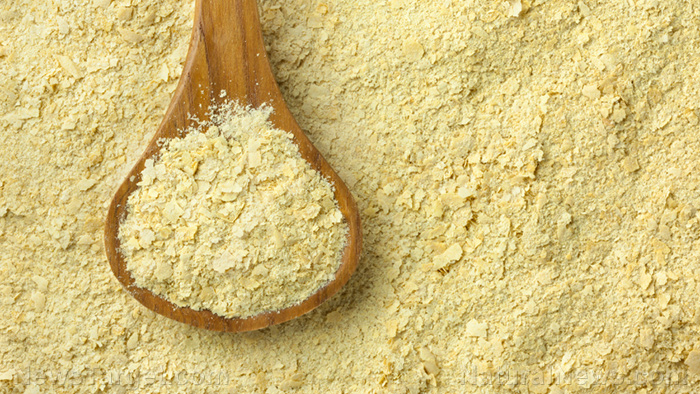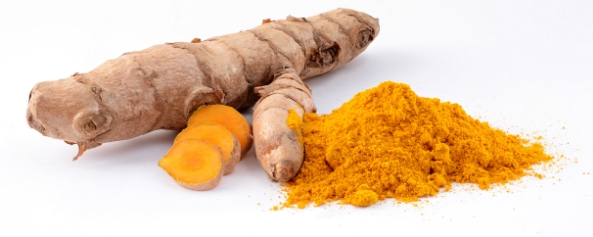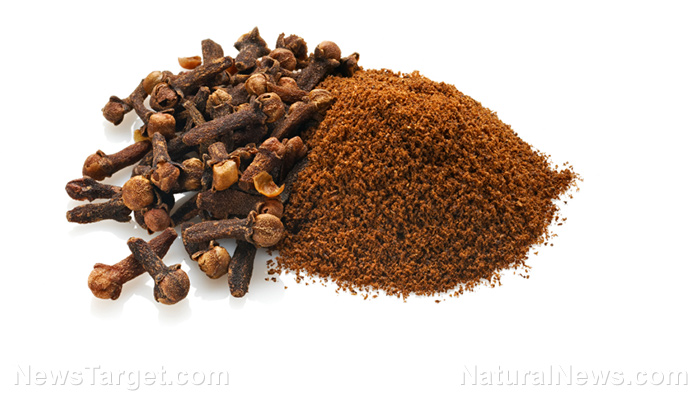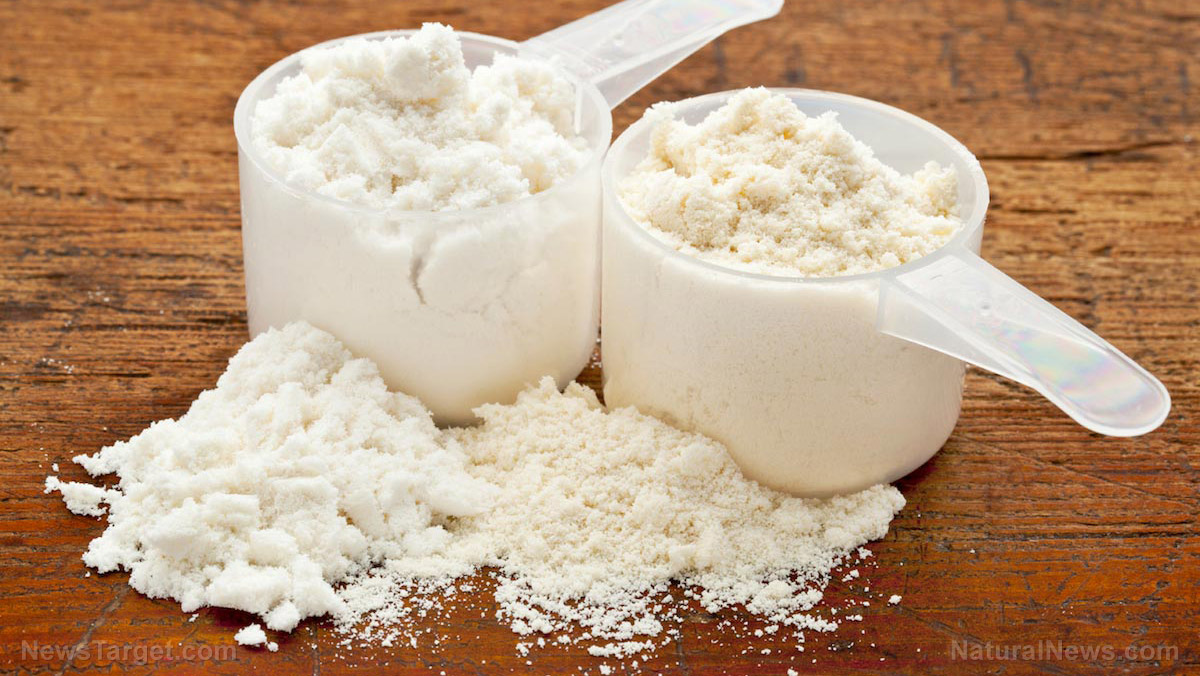Aloe metabolites exhibit therapeutic effects against sepsis
04/04/2019 / By Michelle Simmons

Metabolites in aloe vera could be considered as a potential treatment for sepsis, according to a study published in The American Journal of Chinese Medicine. Aloe vera is a Chinese medicine and a widely used dietary supplement all over the world.
- A team of researchers from China and Japan looked at the anti-inflammatory effects of aloe metabolites, particularly polyphenolic anthranoids, against sepsis in lab and animal trials.
- Earlier studies have shown that polyphenolic anthranoids are extensively broken down into glucuronides and sulfate metabolites by the gut and the liver.
- However, the anti-inflammatory potential of aloe metabolites has not been investigated.
- The Chinese and Japanese research team found that aloe metabolites suppressed the expression of inducible nitric oxide synthase (iNOS) and mitogen-activated protein kinases (MAPKs).
- Aloe metabolites also reduced the production of proinflammatory cytokines and nitric oxide.
- In the mouse model of sepsis, they discovered that the treatment with aloe significantly reduced nitric oxide level and exhibited protective effects against sepsis-related death.
- The anti-inflammatory effects of aloe metabolites can be associated with the inhibition of inflammatory mediators.
In conclusion, the findings of this study suggest that aloe vera could be used in the treatment and prevention of sepsis.
To read more studies on the medicinal properties of aloe vera, visit NaturalCures.news.
Journal Reference:
Li CY, Suzuki K, Hung YL, Yang MS, Yu CP, Lin SP, Hou YC, Fang SH. ALOE METABOLITES PREVENT LPS-INDUCED SEPSIS AND INFLAMMATORY RESPONSE BY INHIBITING MITOGEN-ACTIVATED PROTEIN KINASE ACTIVATION. The American Journal of Chinese Medicine. 10 May 2017; 45(4): 847-861. DOI: 10.1142/S0192415X17500458
Tagged Under: aloe, aloe metabolites, aloe vera, alternative medicine, anthranoids, anti-inflammatory, herbal medicine, Herbs, infection, infectious diseases, inflammation, medicinal plants, natural cures, natural healing, natural medicine, natural remedies, research, sepsis



















